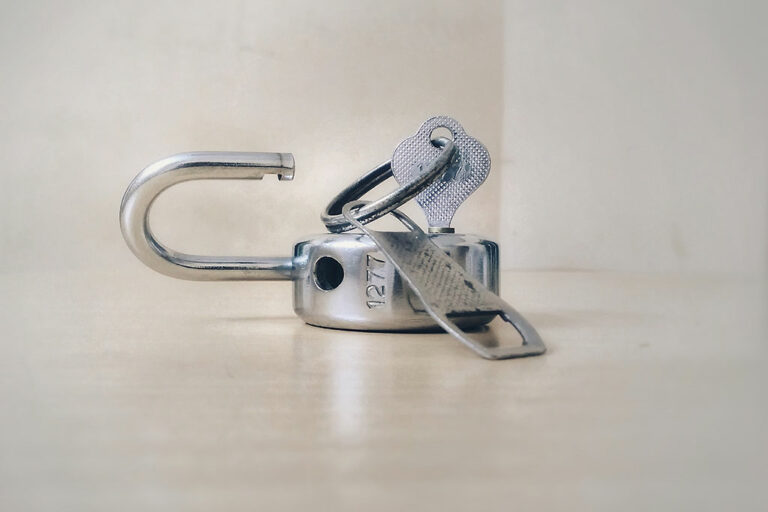The co-founder pleaded not guilty to all charges involving the alleged misuse of Tornado Cash for illicit activities.
Tornado Cash co-founder Roman Storm has pleaded not guilty to all money laundering and violations charges. Storm, who was arrested in August, was charged with fellow co-founder and developer Roman Semenov.
An Inner City Press thread on X (formerly Twitter) live-reported the proceedings where Storm pleaded not guilty. The co-founder appeared in the US District Court for the Southern District of New York.
On August 23, the US Department of Treasury sanctioned the Tornado Cash execs, accusing them of supporting the Lazarus Group, a government-sponsored hacker collective from the Democratic People’s Republic of Korea (DPRK). On the money laundering charges, a Treasury Department statement noted that Tornado Cash, through Storm, Semenov, and co-founder Alexey Pertsev, has helped to launder funds for criminal players “since its creation in 2019.” Authorities allege that the Lazarus Group used Tornado Cash to launder more than $455 million stolen from the Axie Infinity Ronin bridge in the March 22 attack. At more than $600 million, the Ronin network attack is the largest crypto hack ever.
After the arrest, Storm’s lawyer announced that the accused exec was out on a $2 million bond. However, Storm was restricted from leaving certain parts of Washington, California, New Jersey, or New York.
Pertsev was arrested in the Netherlands last August on similar charges. He remained in jail until April 2023 but was placed under electronic monitoring. However, Semenov’s whereabouts are currently unknown.
Tornado Cash Sanctions Began Last Year
Tornado Cash is a crypto mixer that allows users to withdraw crypto using a different address from the one that deposited the funds, thereby severing any links between both. The primary functionality of the service has raised more than a few eyebrows over concerns that it can be used for illicit or criminal activities such as money laundering and covering tracks for stolen funds. Regardless of these concerns, there have been harmless uses of the crypto service recorded in the past. For instance, Ethereum co-founder Vitalik Buterin said he used it to send aid to people affected by Russia’s Ukraine invasion.
In January, Coinspeaker revealed that following multiple sanctions, Tornado Cash’s inflow fell by 68% in December. According to a Chainalysis report, 34% of the platform’s recorded inflow came from illicit sources. The report also specified that most came from scams and crypto hacks. However, Since Tornado Cash is powered by smart contracts, no one can easily take it offline.
Last year, the Office of Foreign Assets and Control (OFAC), a Treasury Department division, sanctioned Tornado Cash for its alleged affiliation with the Lazarus Group. While this was the official reason, several speculations suggested otherwise. Some said that the US government was going after the service because it allowed people to easily evade taxes.
Industry stakeholders were against the sanction because the Treasury Department was essentially sanctioning the codes that power Tornado Cash. In September last year, major crypto exchange Coinbase (NASDAQ: COIN) funded a lawsuit against the Treasury Department over the sanctions.
next